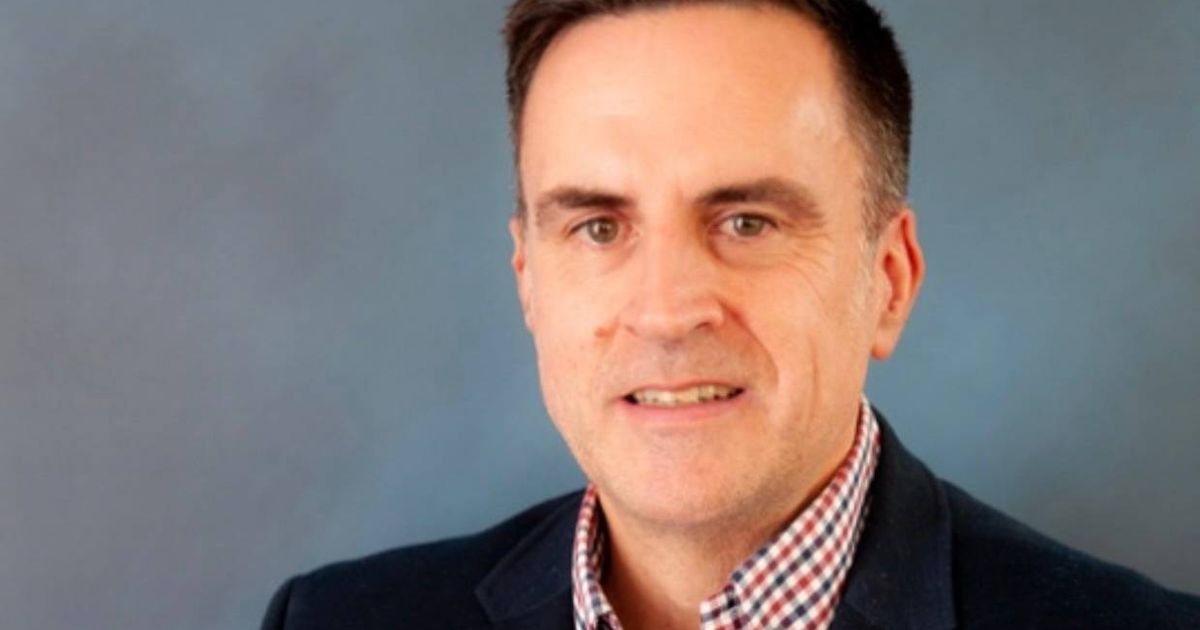Wales’ newest health board told it’s already almost 4m worse off
Elgan Hearn, Local Democracy Reporter
23:13, 05 Oct 2025
 (Image: Local Democracy Reporting Service)
(Image: Local Democracy Reporting Service)
A price increase implemented by NHS England is causing financial strain for Powys Teaching Health Board (PTHB).
At a board meeting on Wednesday, 24 September, it was revealed that after just five months into the financial year, the budget is already underperforming by nearly £4 million.
By the end of August, PTHB reported an overspend of £15.731 million against its 2025/2026 budget deficit, which is projected to be £28.312 million.
This is £3.933 million more than the anticipated deficit of £11.798 million at this point in the year – calculated based on dividing the £28.3 million by 12 and then multiplying this figure by five.
PTHB Finance Director Pete Hopgood explained that the issues were found in the costs of commissioning services for patients, contributing £3.7 million to the total overspend of £3.933 million.
Mr Hopgood stated: “The key pressure areas remain consistent and number one is our commissioned activity.
“An increased price is being applied in NHS England in relation to unplanned care.”
Unplanned care refers to hospital treatment for unexpected injuries or illnesses.
Mr Hopgood informed the board that it had been “previously assumed” that this rise in costs would be covered by the government.
However, Mr Hopgood confirmed: “However we have received confirmation that is not the position.”
He further noted that other sectors of PTHB were reporting underspend positions, which was “aiding” the overall financial stance.
Mr Hopgood stated: “The message is we’ll continue to focus on these areas of cost pressure to deliver best efficiency and value for money while maintaining the best care for our population.
“It’s crucial that all members of the board and budget holders are tasked with reducing their run rates (spending) wherever feasible and where opportunities exist.'”.
Board member, Dr Rhobert Lewis, queried: “It has been assumed that (Welsh) government funding would be provided to cover the extra cost of NHS England and this turned out not to be the case.
“Is this likely to be the case next year?”.
He also questioned whether health boards in Wales, through the Joint Commissioning Committee (JCC), were formulating an argument to address the tariff uplift in England.
Mr Hopgood was unable to confirm whether another increase could be anticipated next year.
PTHB Chief Executive Hayley Thomas stepped in to answer the second question, stating that meetings had been convened with other health boards to discuss how the “adverse impact” of the price increase could be recouped.
Ms Thomas clarified that the increased costs affect PTHB and Betsi Cadwaladr University Health Board, which covers North Wales, “more” than others in Wales.
Ms Thomas stated: “The JCC team are currently scoping options on what additional actions can be taken, as we are at an organisational level, to makeup the gap against our current position.”
She mentioned that these options would encompass considering “planned investment” and reassessing “referral management arrangements”.
Subsequently, the board gave their approval to the report.
